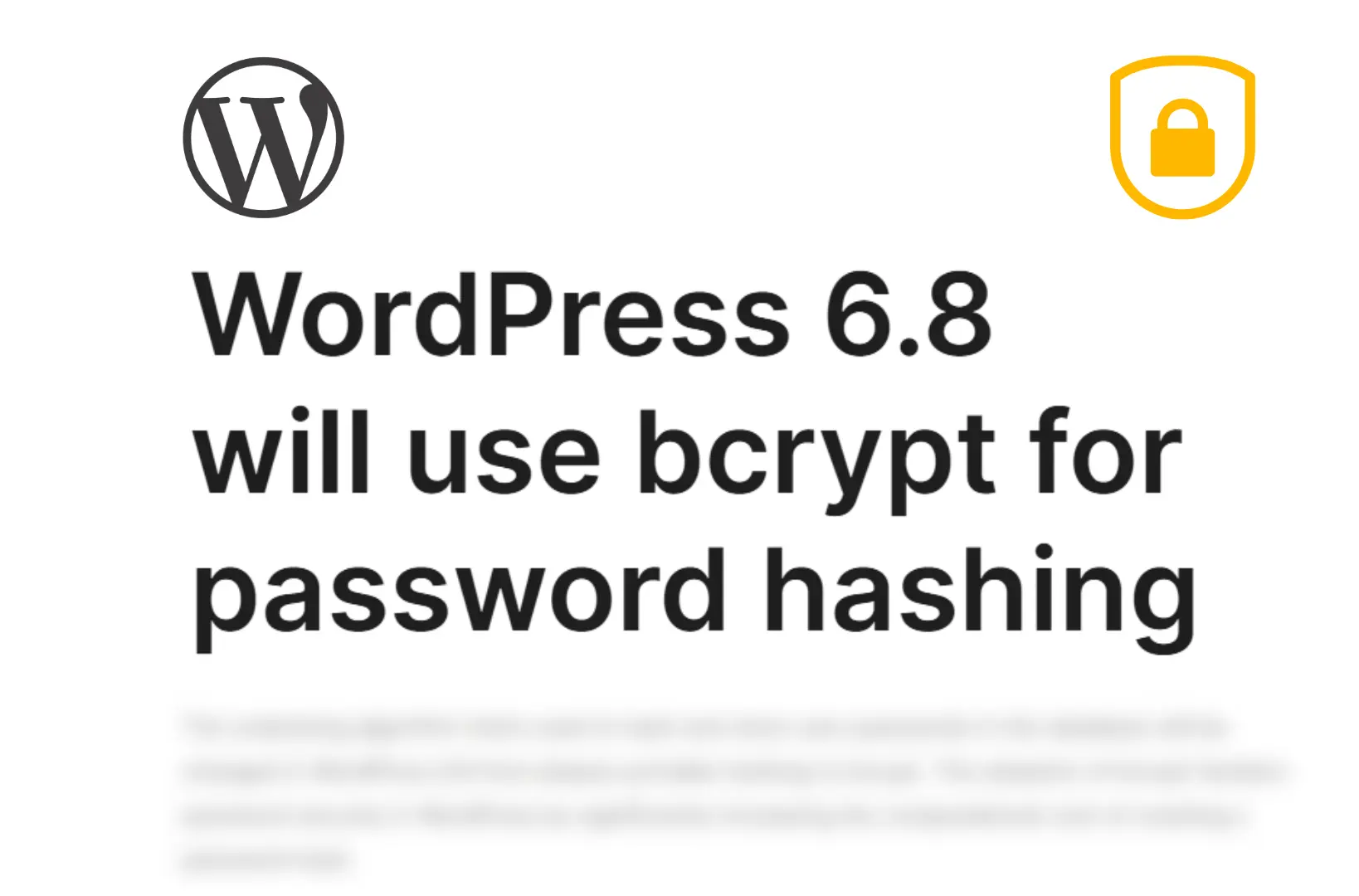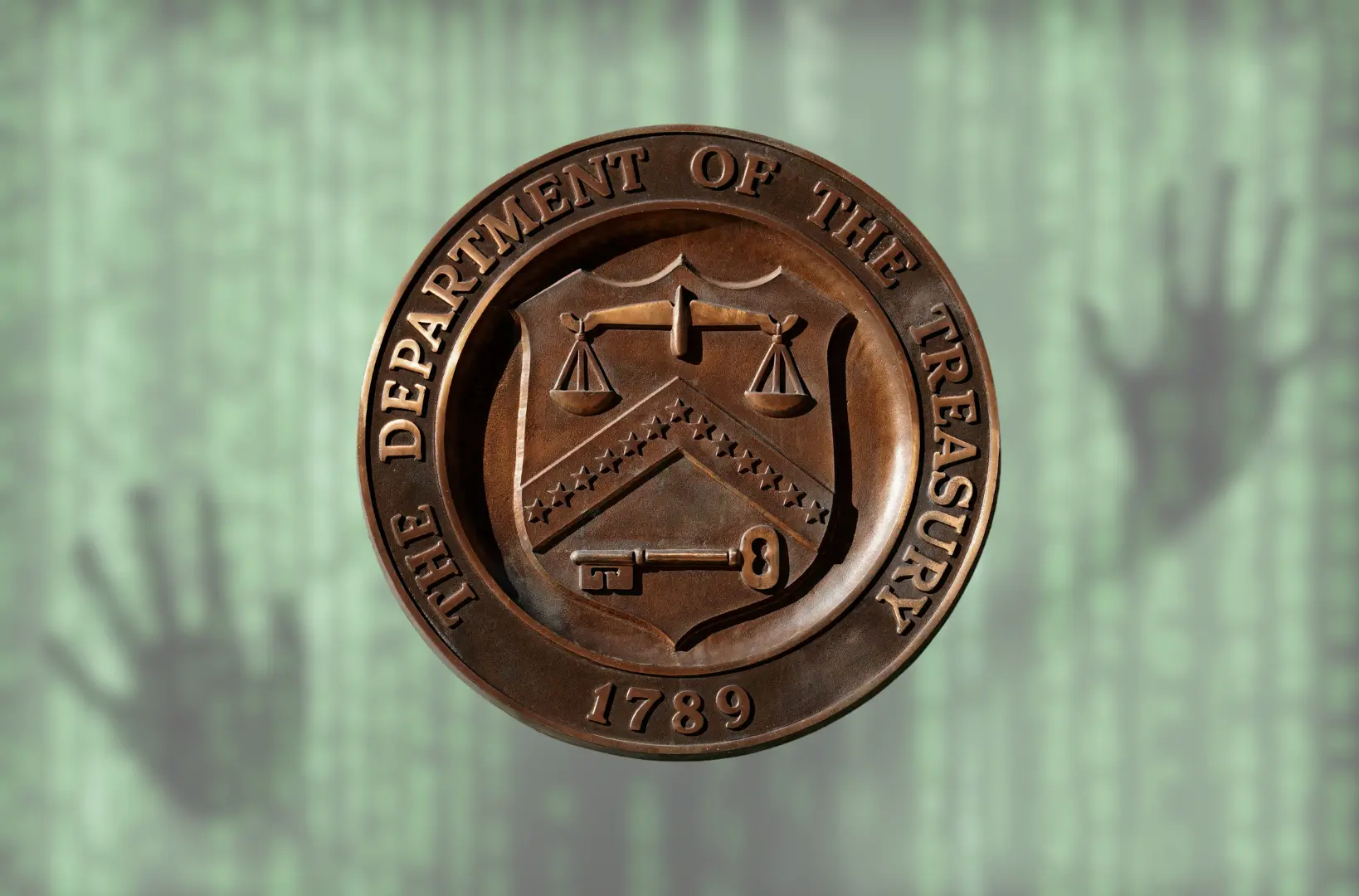In recent years, cybercriminals have been targeting the cryptocurrency market, exploiting vulnerabilities in exchanges, wallets, and decentralized finance platforms. One of the most alarming trends in this space has been the involvement of state-sponsored hackers in large-scale crypto heists. The United States, Japan, and South Korea have recently pointed the finger at North Korea, accusing the country’s hacking groups of being behind a series of cryptocurrency thefts totaling over $660 million.
The Rise of North Korean Cybercrime
North Korea has long been suspected of engaging in cyber warfare, but in recent years, the country has increasingly used cybercrime as a means to fund its government, bypass sanctions, and bolster its economy. Reports from cybersecurity firms and governments have indicated that North Korean hackers have become notorious for their sophisticated techniques in stealing digital currencies.
The hacking group commonly attributed to these crimes is known as Lazarus Group. This group is believed to be a state-sponsored entity, operating under the auspices of North Korea’s government. It is highly organized, well-funded, and employs advanced hacking tactics, including phishing, malware attacks, and social engineering to infiltrate crypto platforms.
The Crypto Heists: How It Unfolded
The series of crypto heists attributed to North Korean hackers spans several years and involves multiple high-profile incidents. According to the U.S. Department of Justice and reports from cybersecurity experts, Lazarus Group and other associated hacking factions have been targeting cryptocurrency exchanges and platforms across the globe, including in South Korea, Japan, and the United States. These hacks typically involve infiltrating exchanges, stealing large sums of cryptocurrency, and laundering the proceeds through various complex channels, making it difficult to trace.
In one of the most notable cases, North Korean hackers allegedly stole over $100 million worth of cryptocurrency from a South Korean exchange. This was just one of a string of similar incidents where digital assets were drained, with the total stolen now estimated at a staggering $660 million. The funds are believed to be funneled back into North Korea, helping to finance the country’s missile programs, military activities, and other state interests.
How North Korean Hackers Operate
North Korean hackers are known for their sophisticated and elusive techniques. They often employ advanced malware, ransomware, and other types of malicious software to gain access to cryptocurrency wallets and exchanges. One of the most widely used methods is phishing, where fake websites or emails are sent to unsuspecting users, prompting them to reveal sensitive data like private keys or passwords.
Once they gain access to a crypto exchange or individual wallets, these hackers typically launder the stolen assets through decentralized exchanges (DEXs), coin mixers, and other obscure methods, making it difficult for authorities to track and seize the stolen funds.
Another concerning aspect of these cybercrimes is North Korea’s use of cryptocurrency as a tool to evade international sanctions. By using decentralized and untraceable crypto assets, the country can continue to fund its activities, including military programs, without relying on traditional banking channels.
Global Response and Mitigation Efforts
The United States, Japan, and South Korea have all expressed concern over the growing threat posed by North Korean cybercriminals. In addition to accusing North Korea of involvement in the thefts, governments have also taken steps to bolster their cybersecurity defenses and prevent further breaches.
Countries have increased efforts to track and freeze stolen crypto assets and have strengthened cooperation between law enforcement agencies to combat cybercrime. International organizations such as the United Nations and Interpol are also playing a role in investigating and mitigating these cyberattacks.
Meanwhile, cryptocurrency exchanges and wallet providers have stepped up their security measures. Two-factor authentication, cold storage wallets, and more rigorous know-your-customer (KYC) protocols have become standard practice to protect against hacking attempts.
The Future of Cybersecurity in the Crypto Space
The growing sophistication of North Korean hackers highlights the need for stronger cybersecurity practices in the cryptocurrency sector. As the popularity of cryptocurrencies continues to rise, so too will the number of cyberattacks targeting them. It’s essential for both individuals and businesses involved in the crypto industry to remain vigilant and proactive in securing their digital assets.
Governments and international bodies must also continue to collaborate to tackle the growing threat of state-sponsored cybercrime. This includes improving the enforcement of sanctions, enhancing intelligence-sharing capabilities, and developing new technologies to combat hackers.
Conclusion
The $660 million in crypto thefts attributed to North Korean hackers is a stark reminder of the growing risks in the digital finance world. As cybercriminals continue to evolve, it is crucial for the global community to strengthen its defenses against these threats. North Korea’s involvement in these heists raises important questions about the intersection of state-sponsored hacking and the global cryptocurrency market, and it highlights the need for enhanced cybersecurity and international cooperation to protect digital assets from falling into the wrong hands.
Suggested reads:
- Mandatory MFA and Biometrics Security Advancements in Middle East & Africa
- Pulse/hackers hijack wordpress sites spread windows mac malware

Jahanzaib is a Content Contributor at Technado, specializing in cybersecurity. With expertise in identifying vulnerabilities and developing robust solutions, he delivers valuable insights into securing the digital landscape.








